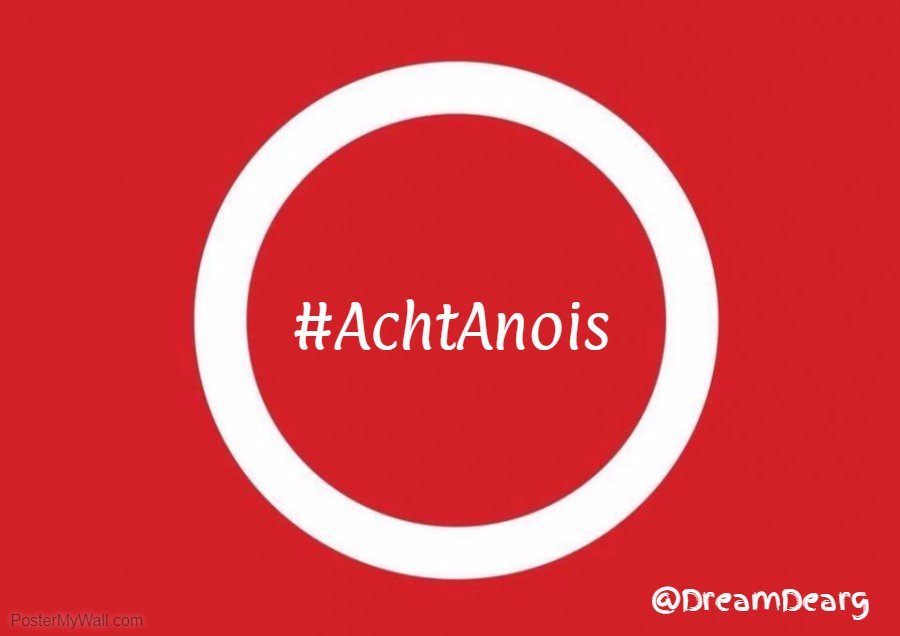
DCU and Special Olympics Ireland (SOI) have announced the launch of a new research project based on the health and welfare of people with intellectual disabilities.
The Special Olympics Programme Health Impact Evaluation (SOPHIE) will engage 500 participants, with the majority involved in Special Olympics Ireland. The project will take two years to complete and its findings are expected to benefit families and carers of those with intellectual disabilities.
The announcement coincided with the signing of a memorandum of understanding between DCU and Special Olympics Ireland. The agreement dictates that both parties will collaborate in areas such as the sharing of facilities and expertise along with the promotion of volunteering within the university.
Speaking following the announcement, DCU President Brian MacCraith said he was delighted “to confirm our continued collaboration with Special Olympics Ireland through SOPHIE, which is yet another example of DCU’s commitment to promote and encourage social inclusion and diversity.
Participants of the project will have to complete a number of questionnaires ranging from their health service use, to their dietary and physical activity habits. Information such as weight, height, waist circumference and physical fitness will also be recorded. Family members and carers are also obliged to partake in the programme.
SOPHIE will be a joint venture involving DCU’s School of Nursing and Human Sciences along with the School of Health and Human Performance. It will also call on the expertise of academics at Queens University Belfast and the University of York.
The project will be led by DCUs Dr Mary Rose Sweeney. Commenting on the initiative, Dr Sweeney said: “In addition to extensive questionnaire and physical measurements, our investigation will provide us with important qualitative information, giving us a better understanding of the benefits, impacts and experiences of taking part in SOI programmes.
“In particular, we are keen to explore the societal barriers to participation, which will provide us with useful insights into non-involvement by families of individuals with intellectual disability”.
Darragh McGrath




Leave a Reply